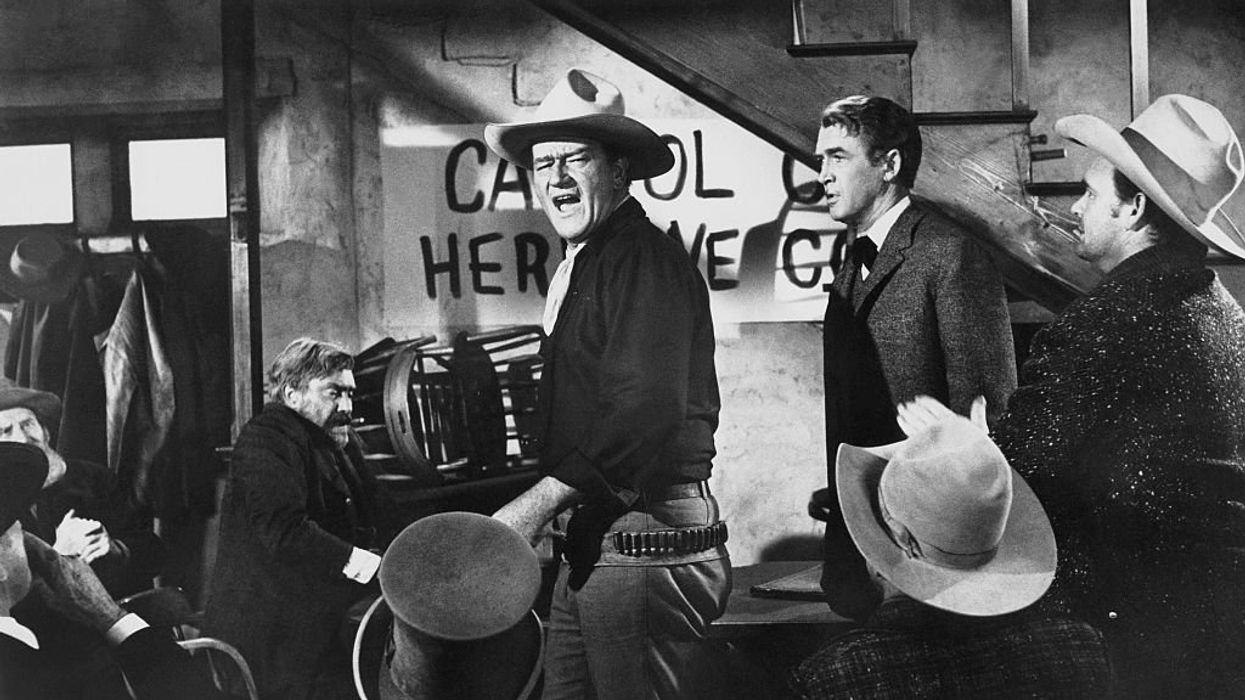
© 2024 Blaze Media LLC. All rights reserved.
The Wall Street Journal’s deputy editor — and known establishment shill — Daniel Henninger is using the recent Obamacare repeal vote as a way to attack conservatives. For Henninger, this is just a different day, but the same attack. This time he blames “real conservatives” for RINOcare’s rocky start. It’s as if the entire House caucus didn’t run on full repeal.
After blaming Sen. Ted Cruz, R-Texas, for driving “a wedge between ‘real conservatives’ like himself and a vague lump dismissed as ‘the establishment,’” Henninger goes on to offer a history lesson on the makeup of the House of Representatives.
Believe it or not, those 238 House Republicans are not all from Texas or Alabama. They are from everywhere else in America, and those districts—whether in Ohio, New Jersey, Pennsylvania, North Carolina or Arizona—are not alike in terms of their political self-identity, gerrymanders notwithstanding.
Henninger then goes on to explain how Paul Ryan and his leadership team came up with their bill. Note even he calls it “Obamacare reform,” which isn’t what the GOP has run on for the past seven years.
The original ObamaCare reform, assembled over months by the House leadership, was constructed explicitly to avoid opening this Pandora’s box of political interests inside the GOP. It was written so that a North Carolina Republican and a Pennsylvania Republican could be on the same page for one big vote.
For some “real conservatives,” the bill had the stench of compromise, an anathema in their world. One all-American reality that no amount of ranting will reverse is this: Unless you get more votes than the other guy, you lose. You will lose on health care, spending and taxes. [Emphasis added.]
Henninger is, of course, absolutely correct in saying that “unless you get more votes than the other guy, you lose.” But what Henninger omits, in an effort to bolster his case, is that all of the GOP for over a half decade has voted for actual repeal — not reform, over and over again. But with a Democratic president, they knew it was a safe vote. Now that the stakes are real, they cowered in fear at full repeal.
Henninger wants you to forget this little bit of failure theater that happened in 2016.
Here’s what Ryan said in January of 2016 after Obama vetoed the bill.
It's no surprise that someone named Obama vetoed a bill repealing Obamacare, and we will hold a vote to override this veto. Taking this process all the way to the end under the Constitution. But here's the thing, the idea that Obamacare is the law of the land for good is a myth. This law will collapse under its own weight or it will be repealed.
Because all those rules and procedures Senate Democrats have used to block us from doing this — that's all history. We have shown now that there is a clear path to repealing Obamacare without 60 votes in the Senate. So next year, if we're sending this bill to a Republican president, it will get signed into law. Obamacare will be gone …
When there is no chance for what they pass to become law, Republicans line up to vote for great legislation. When they need to own what they pass, they cower in fear of progressives. That’s just reality, and it has played out in this health care fight.
On the Restoring Americans’ Healthcare Freedom Reconciliation Act of 2015, which was much better than the AHCA, all but two GOP Senators voted for it, and 239 of the 246 House Republicans voted for passage. There was a bill with broad caucus support; it was passed in 2015 and 2016.
Speaker Ryan’s failure to bring a bill, on which the party campaigned on in 2016, back up for a vote isn’t the fault of “real conservatives.” That failure is Ryan and the establishment GOP, who lack any spine when it really matters.
Blaming the “real conservatives” — instead of the GOP swamp dwellers — does keep one’s invites for the cocktail circuit coming, however.
Want to leave a tip?
We answer to you. Help keep our content free of advertisers and big tech censorship by leaving a tip today.
Want to join the conversation?
Already a subscriber?
more stories
Sign up for the Blaze newsletter
By signing up, you agree to our Privacy Policy and Terms of Use, and agree to receive content that may sometimes include advertisements. You may opt out at any time.
© 2024 Blaze Media LLC. All rights reserved.
Get the stories that matter most delivered directly to your inbox.
By signing up, you agree to our Privacy Policy and Terms of Use, and agree to receive content that may sometimes include advertisements. You may opt out at any time.



